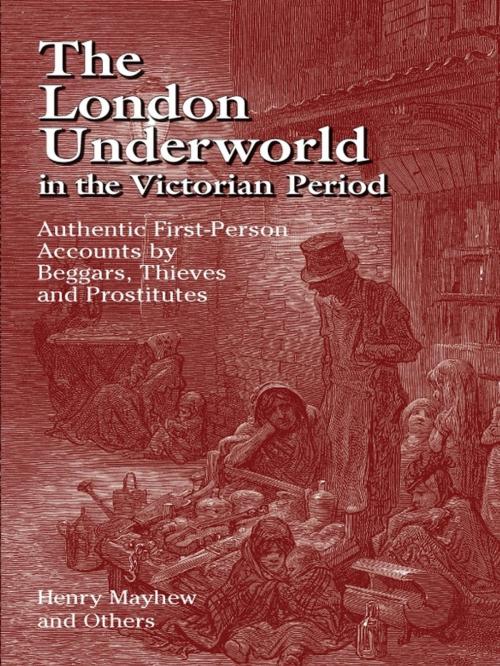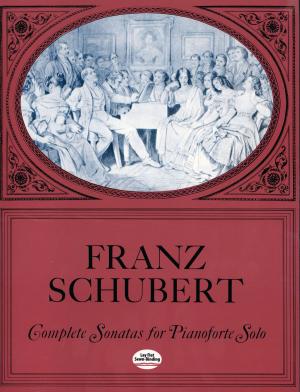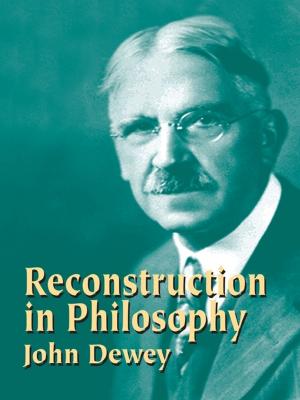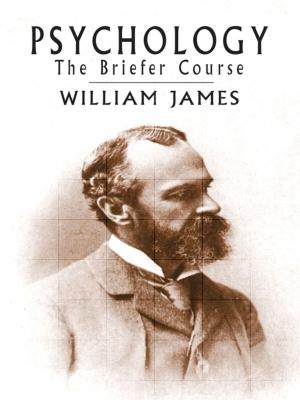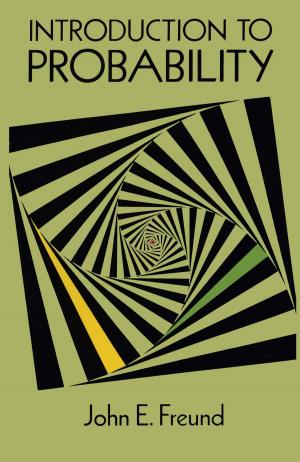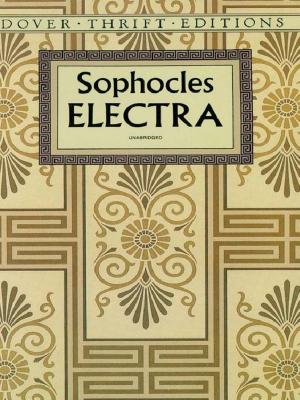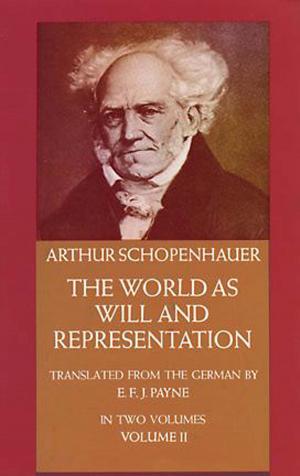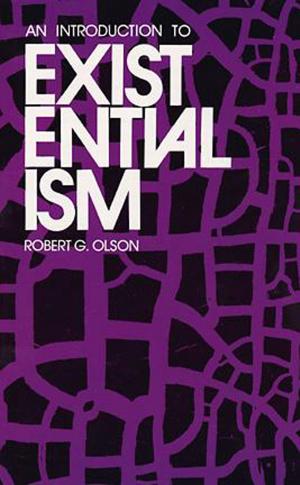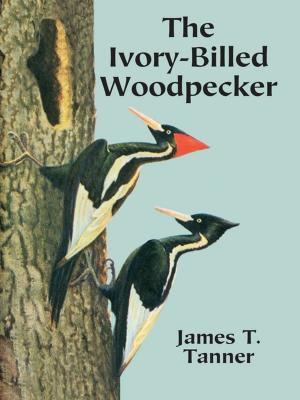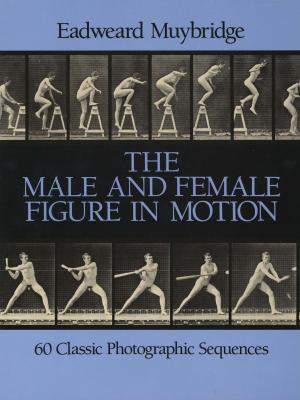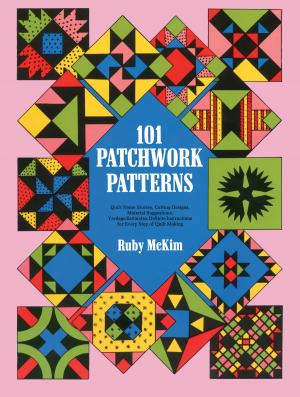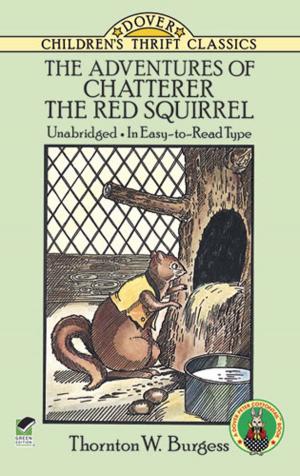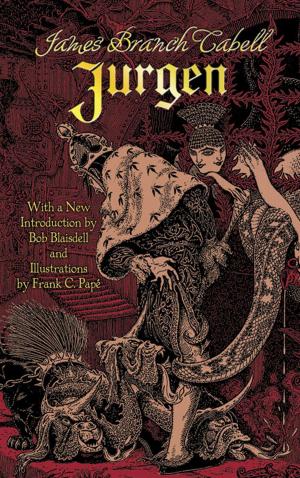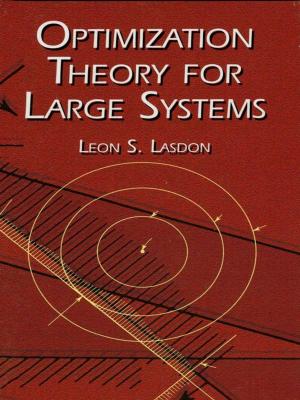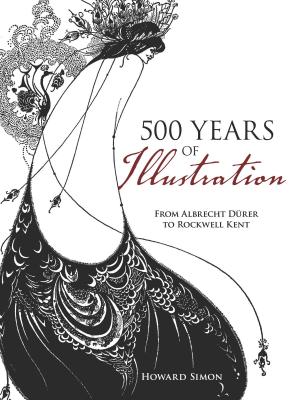The London Underworld in the Victorian Period
Authentic First-Person Accounts by Beggars, Thieves and Prostitutes
Nonfiction, Social & Cultural Studies, Social Science, Sociology, Urban, History, British| Author: | Henry Mayhew | ISBN: | 9780486130842 |
| Publisher: | Dover Publications | Publication: | August 28, 2012 |
| Imprint: | Dover Publications | Language: | English |
| Author: | Henry Mayhew |
| ISBN: | 9780486130842 |
| Publisher: | Dover Publications |
| Publication: | August 28, 2012 |
| Imprint: | Dover Publications |
| Language: | English |
The first and possibly the greatest sociological study of poverty in 19th-century London, this survey by a journalist invented the genre of oral history a century before the term was coined. Henry Mayhew vowed "to publish the history of a people, from the lips of the people themselves — giving a literal description of their labour, their earnings, their trials and their sufferings, in their own 'unvarnished' language." With his collaborators, Mayhew explored hundreds of miles of London streets in the 1840s and 1850s, gathering thousands of pages of testimony from the city's humbler residents. Their stories revealed aspects of city life virtually unknown to literate society.
A sprawling, four-volume history resulted from Mayhew's investigations. This extract focuses on the criminal class--pickpockets, prostitutes, rag pickers, and vagrants, whose true stories of degradation, horror, and desperation rival Dickensian fiction. A classic reference source for sociologists, historians, and criminologists, Mayhew's work is immensely readable. As Thackeray wrote, these urban vignettes conjure up "a picture of human life so wonderful, so awful, so piteous and pathetic, so exciting and terrible, that readers of romances own they never read anything like to it."
A sprawling, four-volume history resulted from Mayhew's investigations. This extract focuses on the criminal class--pickpockets, prostitutes, rag pickers, and vagrants, whose true stories of degradation, horror, and desperation rival Dickensian fiction. A classic reference source for sociologists, historians, and criminologists, Mayhew's work is immensely readable. As Thackeray wrote, these urban vignettes conjure up "a picture of human life so wonderful, so awful, so piteous and pathetic, so exciting and terrible, that readers of romances own they never read anything like to it."
The first and possibly the greatest sociological study of poverty in 19th-century London, this survey by a journalist invented the genre of oral history a century before the term was coined. Henry Mayhew vowed "to publish the history of a people, from the lips of the people themselves — giving a literal description of their labour, their earnings, their trials and their sufferings, in their own 'unvarnished' language." With his collaborators, Mayhew explored hundreds of miles of London streets in the 1840s and 1850s, gathering thousands of pages of testimony from the city's humbler residents. Their stories revealed aspects of city life virtually unknown to literate society.
A sprawling, four-volume history resulted from Mayhew's investigations. This extract focuses on the criminal class--pickpockets, prostitutes, rag pickers, and vagrants, whose true stories of degradation, horror, and desperation rival Dickensian fiction. A classic reference source for sociologists, historians, and criminologists, Mayhew's work is immensely readable. As Thackeray wrote, these urban vignettes conjure up "a picture of human life so wonderful, so awful, so piteous and pathetic, so exciting and terrible, that readers of romances own they never read anything like to it."
A sprawling, four-volume history resulted from Mayhew's investigations. This extract focuses on the criminal class--pickpockets, prostitutes, rag pickers, and vagrants, whose true stories of degradation, horror, and desperation rival Dickensian fiction. A classic reference source for sociologists, historians, and criminologists, Mayhew's work is immensely readable. As Thackeray wrote, these urban vignettes conjure up "a picture of human life so wonderful, so awful, so piteous and pathetic, so exciting and terrible, that readers of romances own they never read anything like to it."
